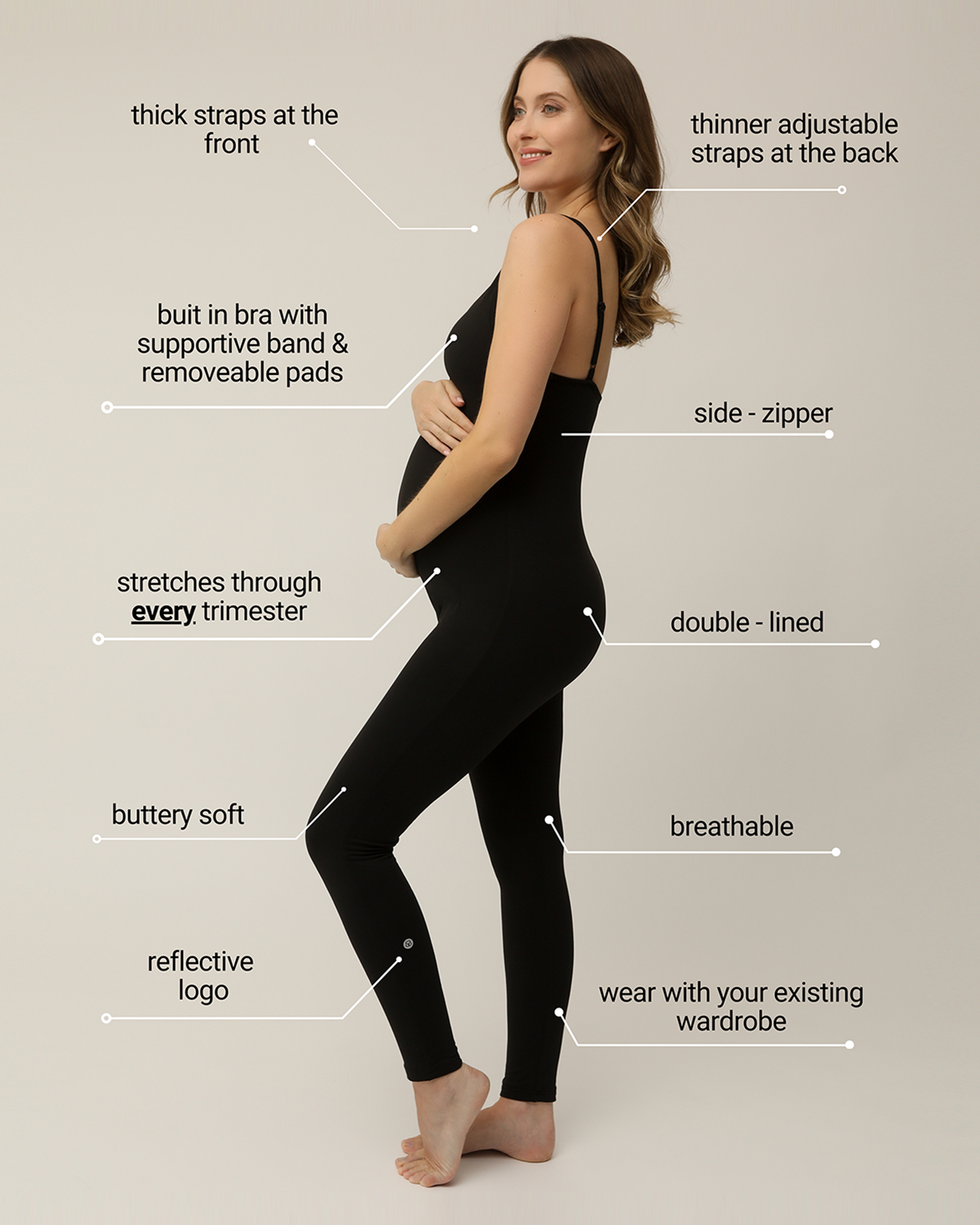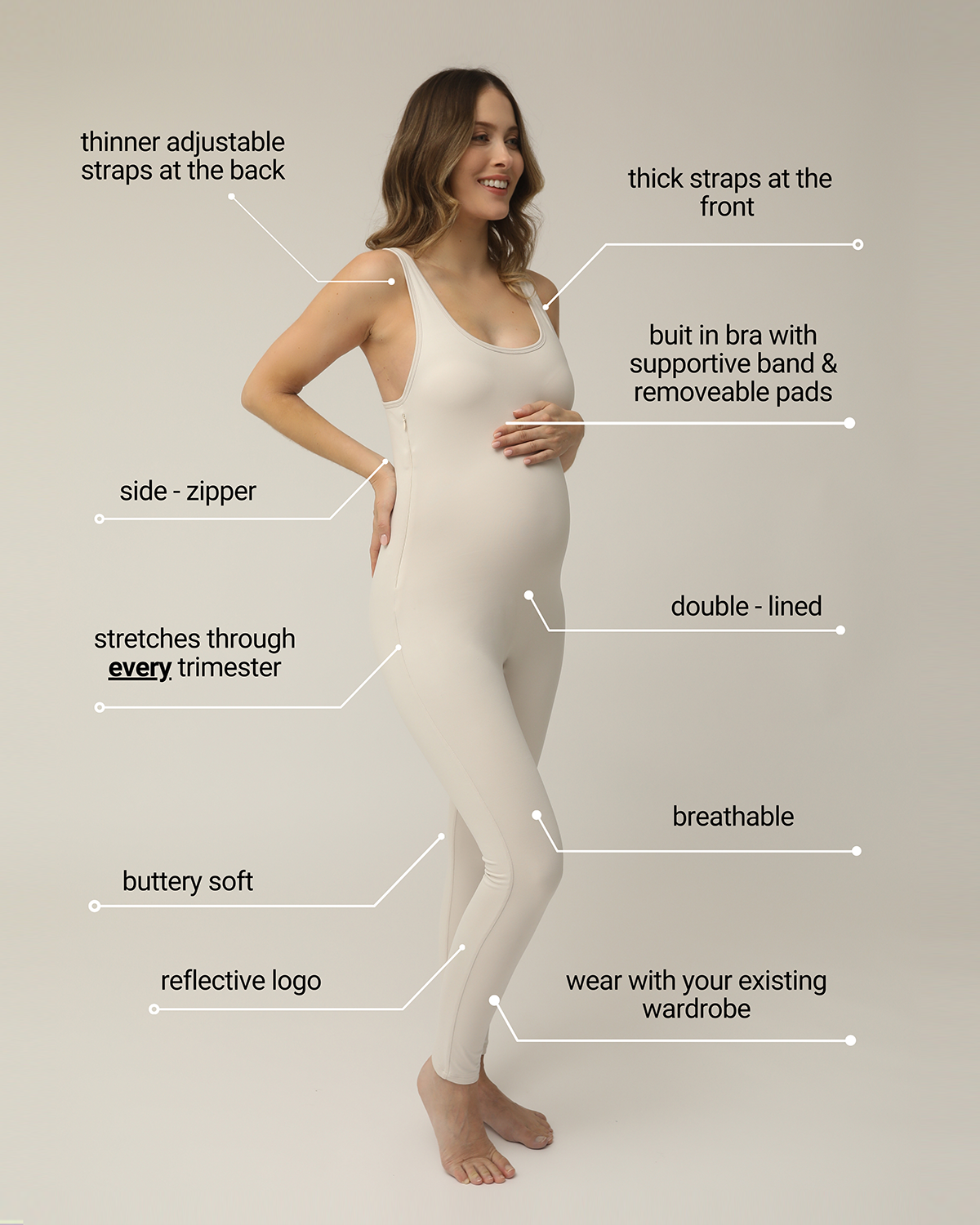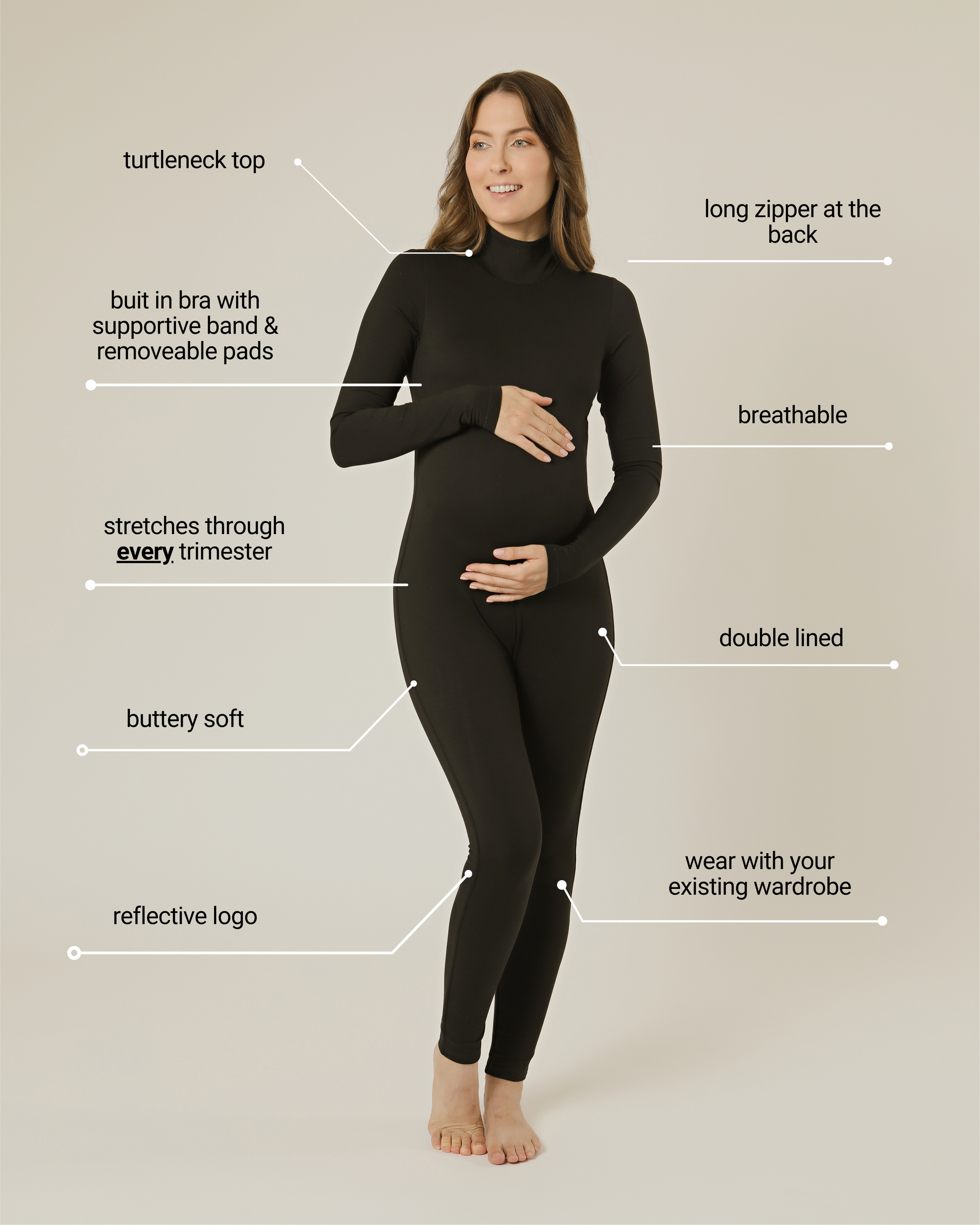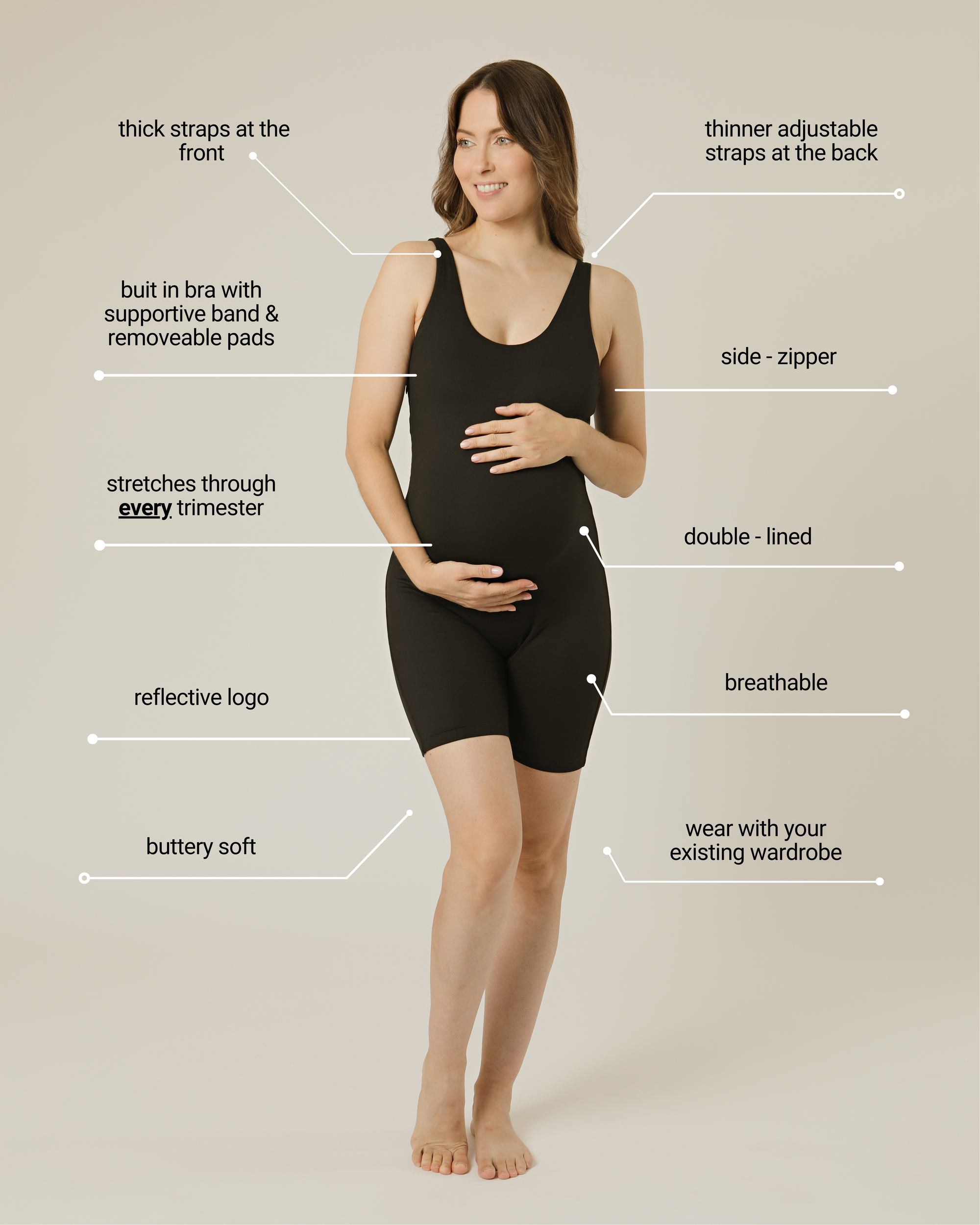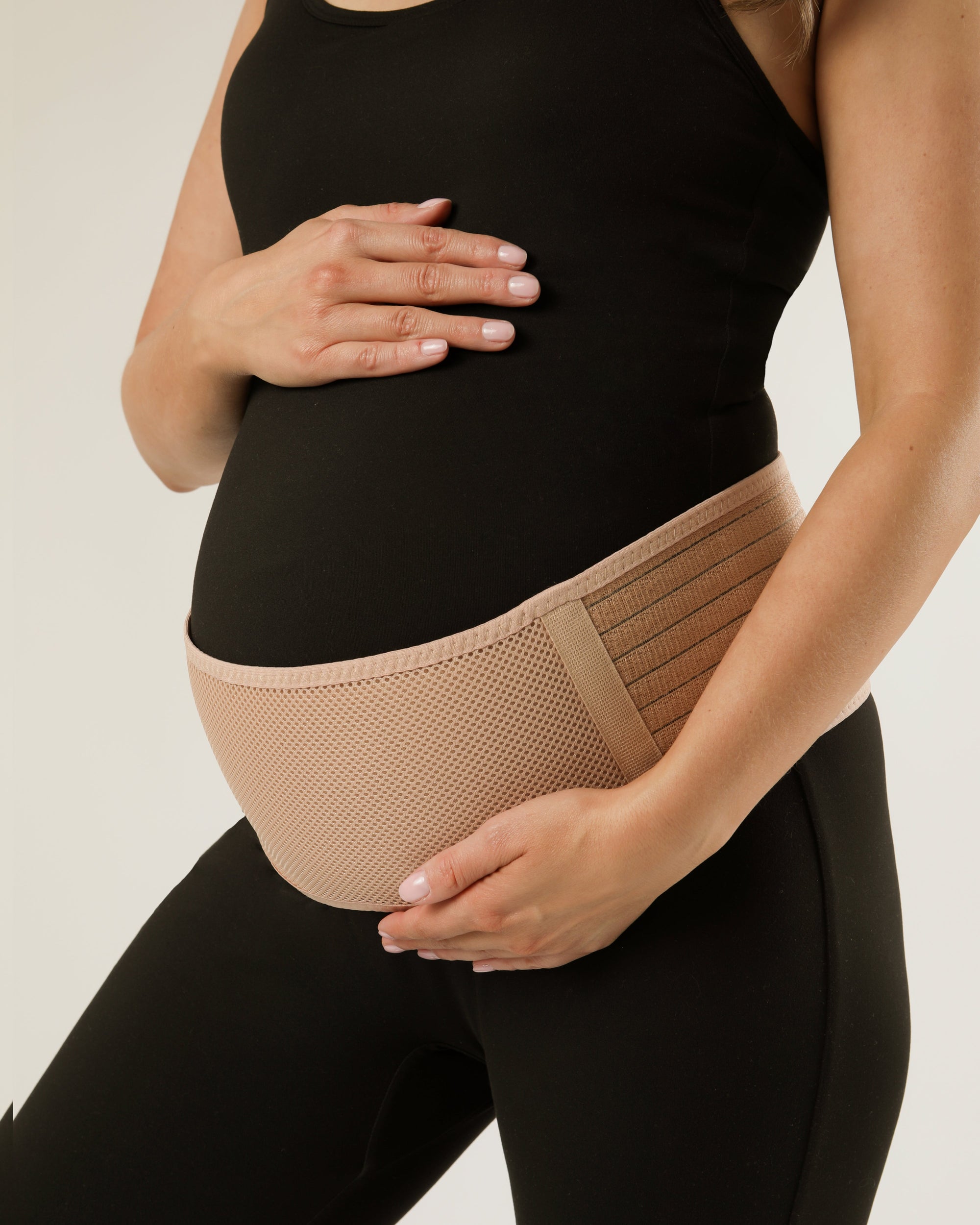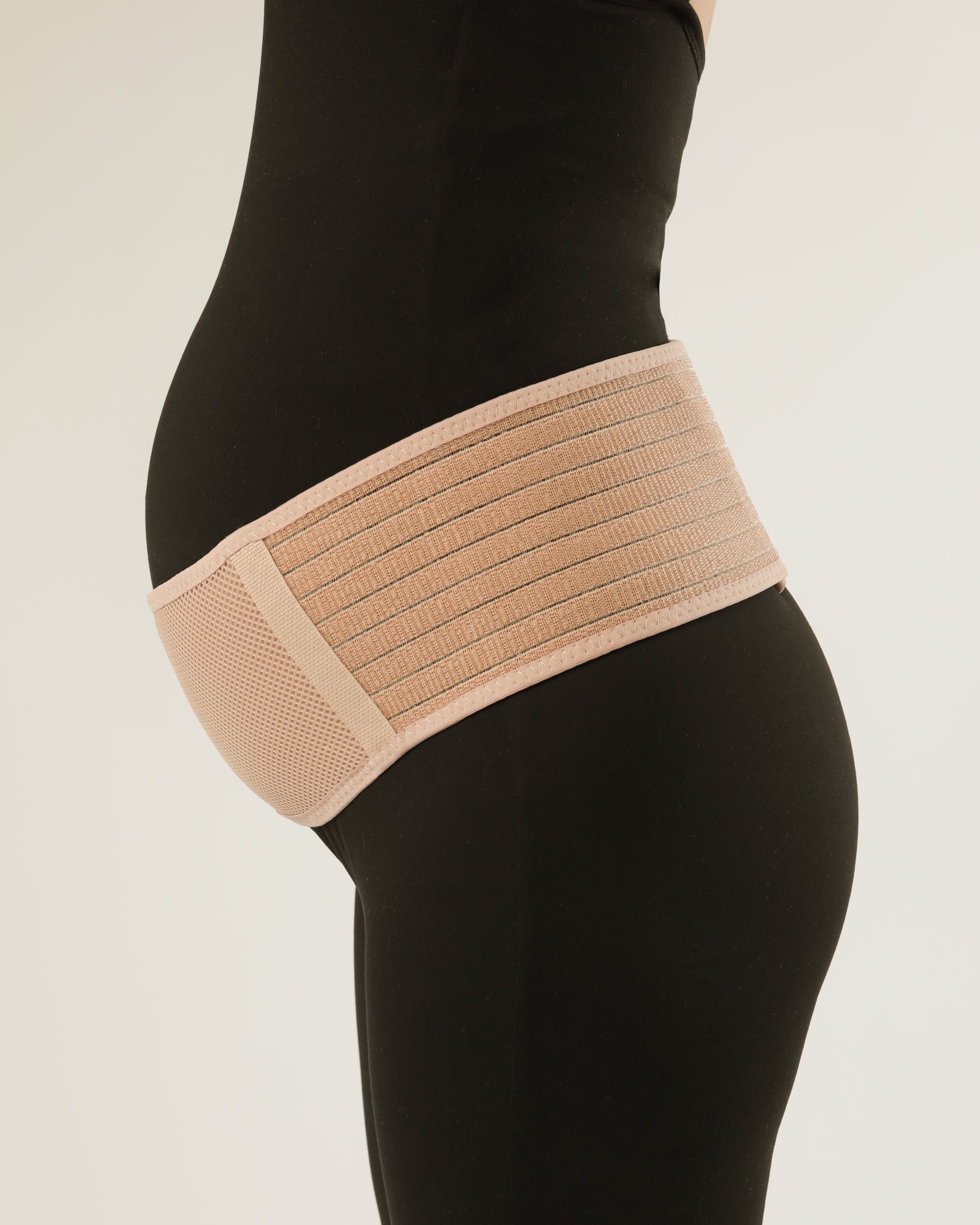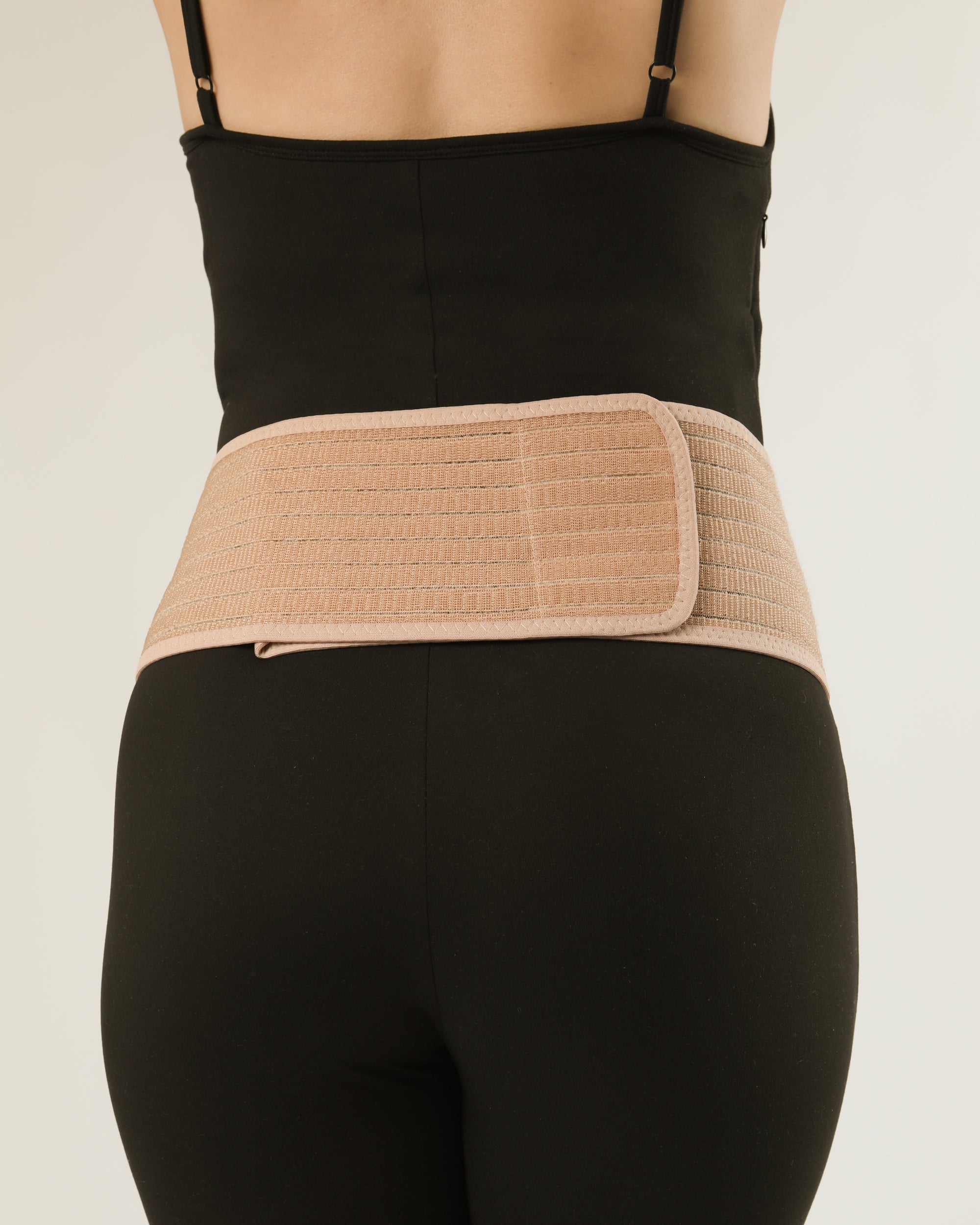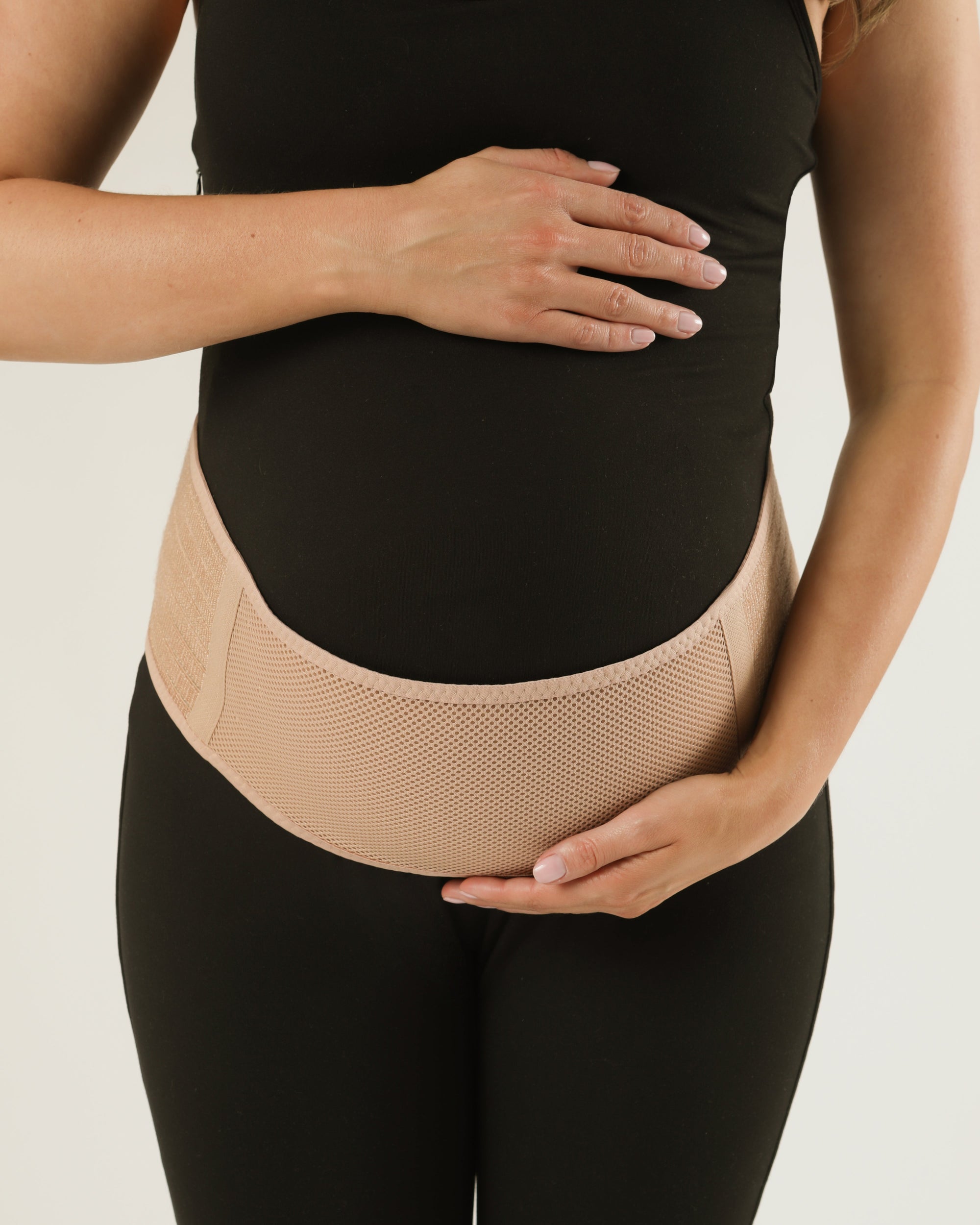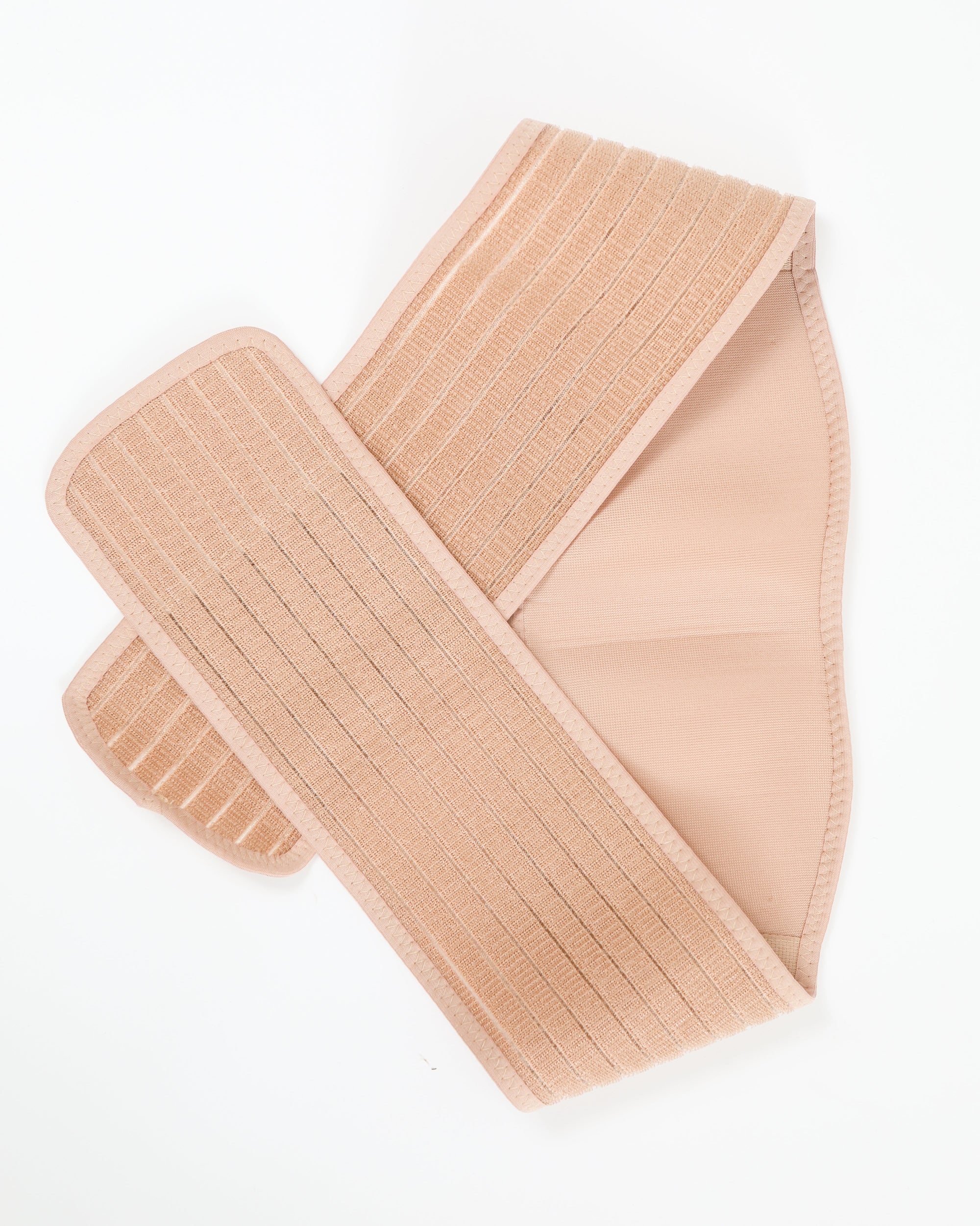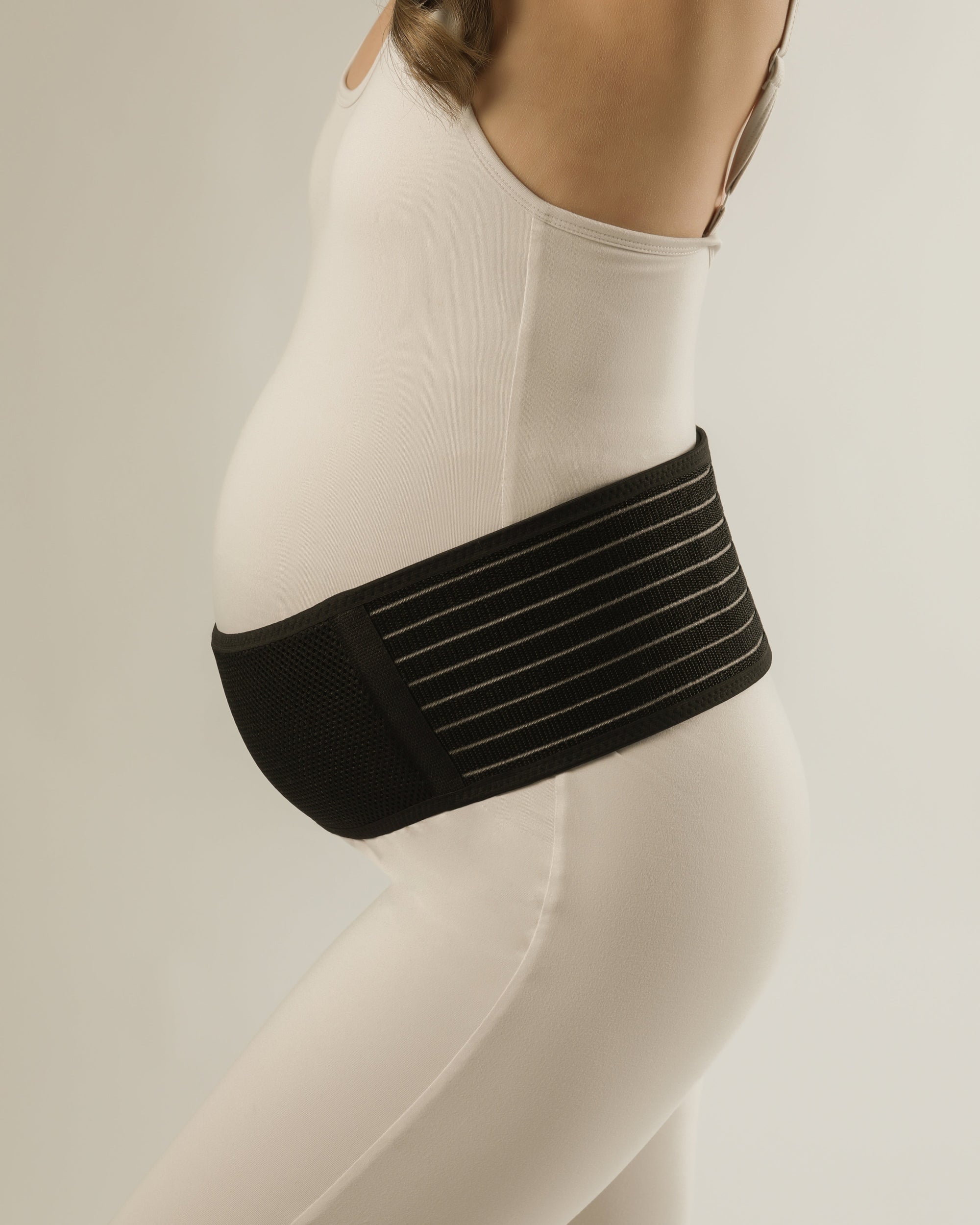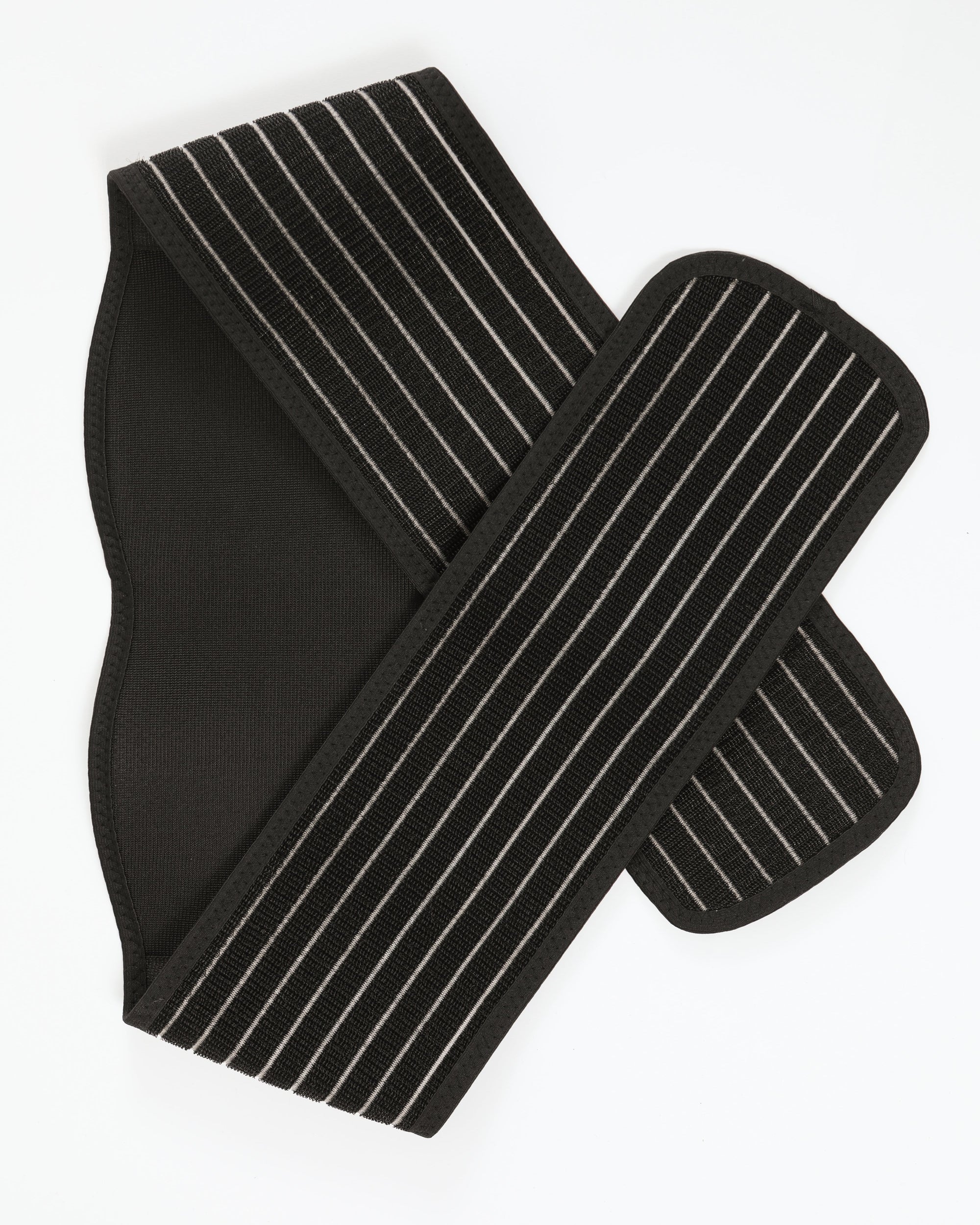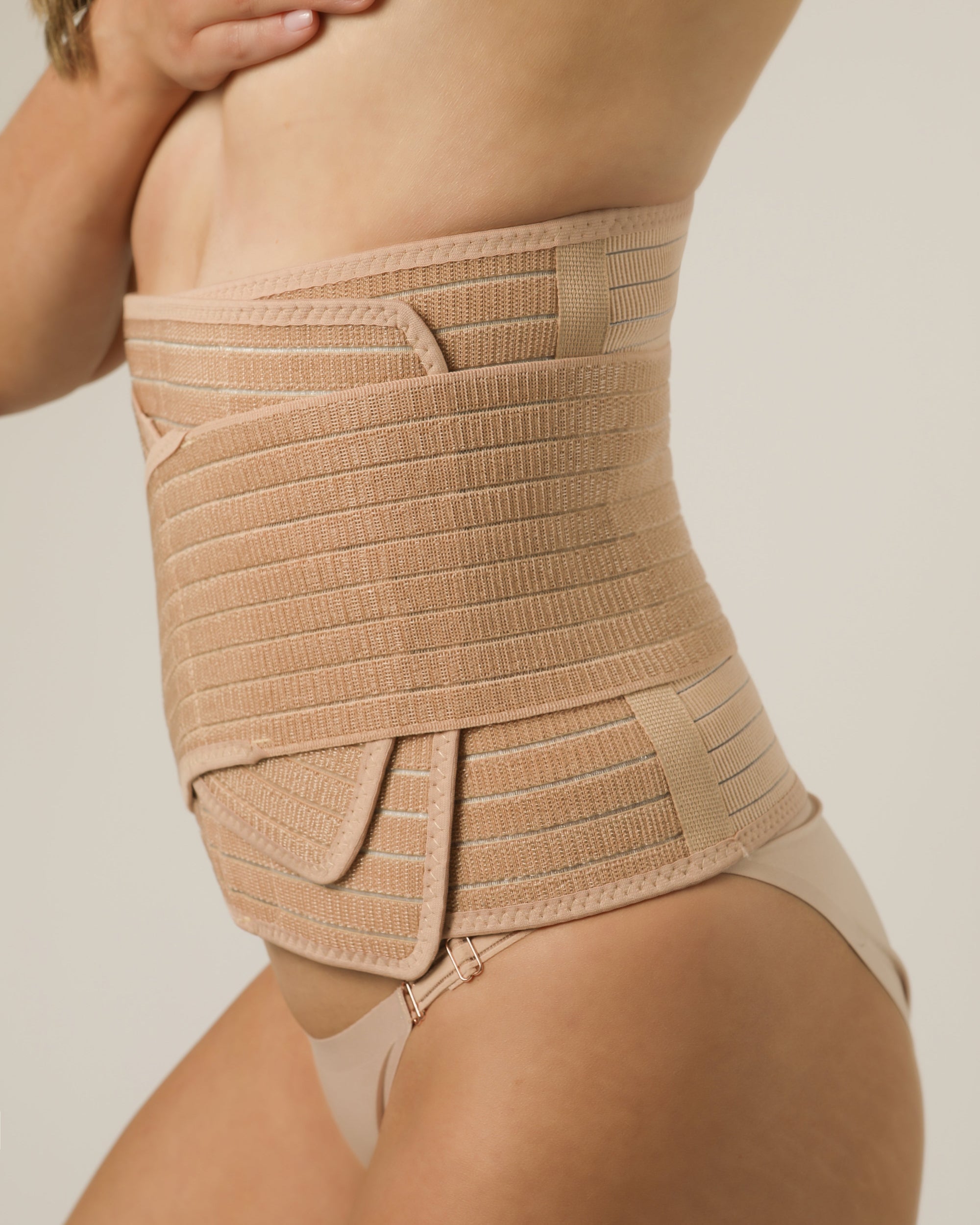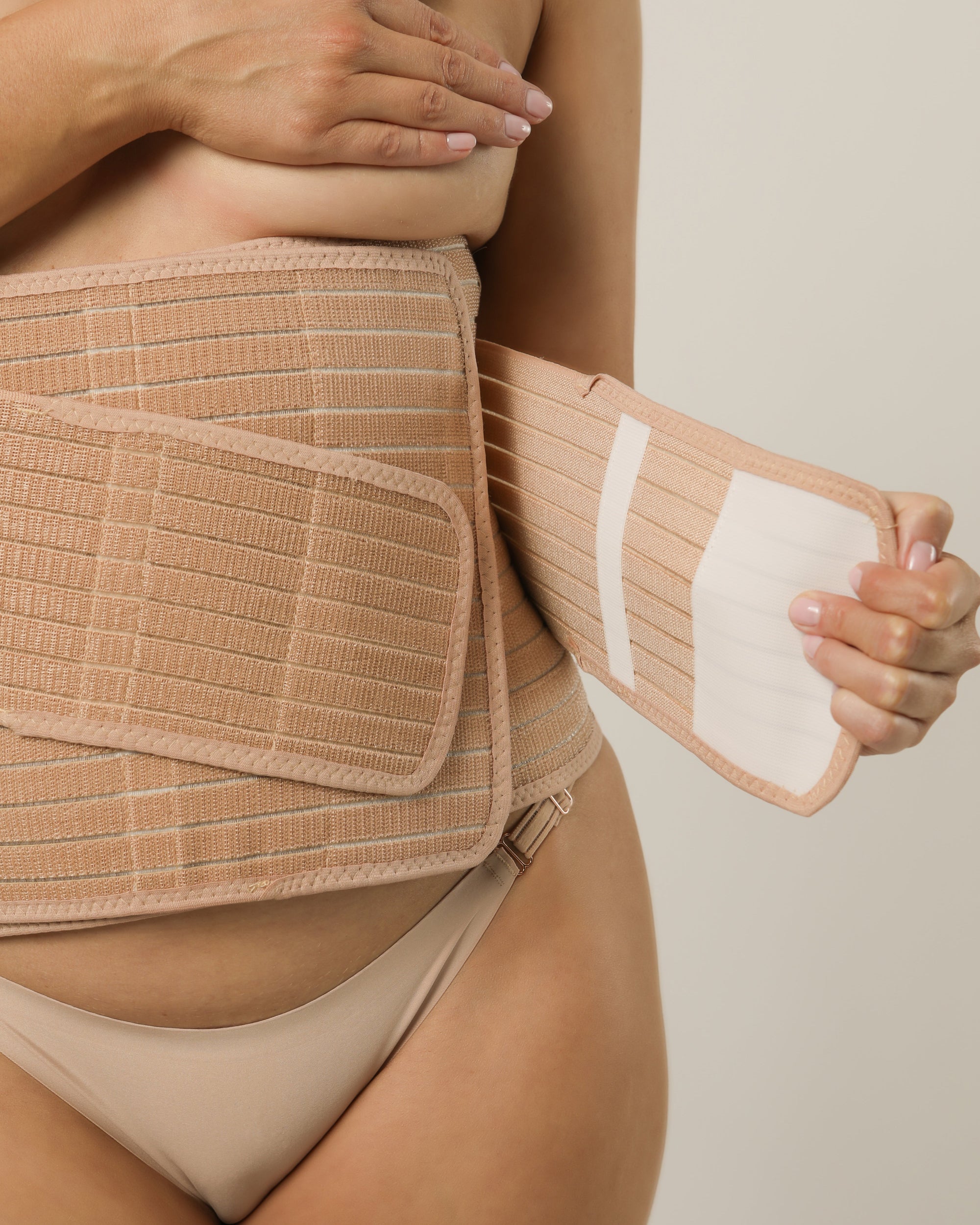Growing a baby is exhausting - but ironically, pregnancy often makes sleeping hard. Between body aches, midnight bathroom trips, and a restless mind, many mums-to-be find themselves tossing and turning through the night.
If you're Googling "how to sleep better during pregnancy", you’re not alone - and yes, there are practical ways to get better rest!
Why Is Sleep So Hard During Pregnancy?
Let’s start with the obvious: your body is going through massive changes. Common culprits behind poor sleep include:
-
Hormonal shifts
-
Heartburn
-
Frequent urination
-
Back or hip pain
-
Vivid dreams or anxiety
As your pregnancy progresses, finding a comfy sleeping position also becomes a nightly struggle. But good news, small tweaks can make a big difference.
10 Proven Tips to Sleep Better During Pregnancy
1. Sleep on Your Left Side
Doctors often recommend sleeping on your left side to improve circulation to your uterus and baby. It also helps reduce pressure on your liver and kidneys.
Pro tip: Use a pregnancy pillow to support your bump, knees, and lower back. Our founder, Eltoria, loved the one from Bella Moon.
2. Invest in Comfy, Breathable Sleepwear
Uncomfortable pajamas can make restless nights even worse. Look for sleepwear that's:
-
Soft and stretchy
-
Breathable (hello, night sweats)
-
Non-restrictive around your belly
STRETCHSUIT’s Maternity Jumpsuit with Built-In Bra is a go-to for comfort, thoughtfully designed to move with your changing body and feel like a second skin. It’s perfect for both daytime lounging and sneaky power naps, without ever feeling restrictive.
As your bump grows, consider investing in Adjustable Maternity Underwear that adjusts at the hips. Unlike traditional styles, these won’t dig in or shift around, helping you rest easier without the discomfort.
3. Keep a Cool, Dark Room
Your body temperature runs higher during pregnancy. Keep your bedroom at a cool 65 - 70°F (18–21°C) and block out excess light with blackout curtains or an eye mask.
4. Establish a Wind-Down Routine
Routine tells your body it’s time to rest. Try:
-
A warm (not hot) shower
-
Prenatal stretches
-
Reading or journaling
-
A cup of warm, caffeine-free tea
5. Limit Fluids Before Bed
Staying hydrated is crucial, but try to drink more during the day and less after dinner to cut down on those 3 a.m. bathroom breaks.
6. Watch What You Eat in the Evening
Avoid spicy, acidic, or heavy foods close to bedtime, as they can trigger heartburn. A light snack with protein and complex carbs (like crackers + peanut butter) can help regulate blood sugar and reduce nausea.
7. Try Prenatal Yoga or Gentle Movement
Even 15 minutes of movement can reduce stress and improve sleep quality. Look for pregnancy-safe yoga or walking routines.
8. Elevate Your Upper Body
If you’re struggling with heartburn or shortness of breath, try sleeping with your upper body slightly elevated. Stack a few pillows or invest in a wedge.
9. Use Relaxation Tools
-
Deep breathing (inhale 4, hold 4, exhale 6)
-
Guided meditations (apps like Expectful or Insight Timer)
-
White noise machines for ambient calm
10. Nap Smart
If you’re napping during the day (which is totally fine!), keep it under 30 minutes and avoid napping after 4 PM to protect nighttime sleep quality.
Final Thoughts: You Deserve Rest
Your body is working overtime to create life, so be gentle with yourself. If sleep isn’t perfect every night, that’s okay. These small shifts, from supportive pillows to comfortable clothing, will make all the difference.
Much love
Simone

*Disclaimer, please always seek help from a healthcare professional









